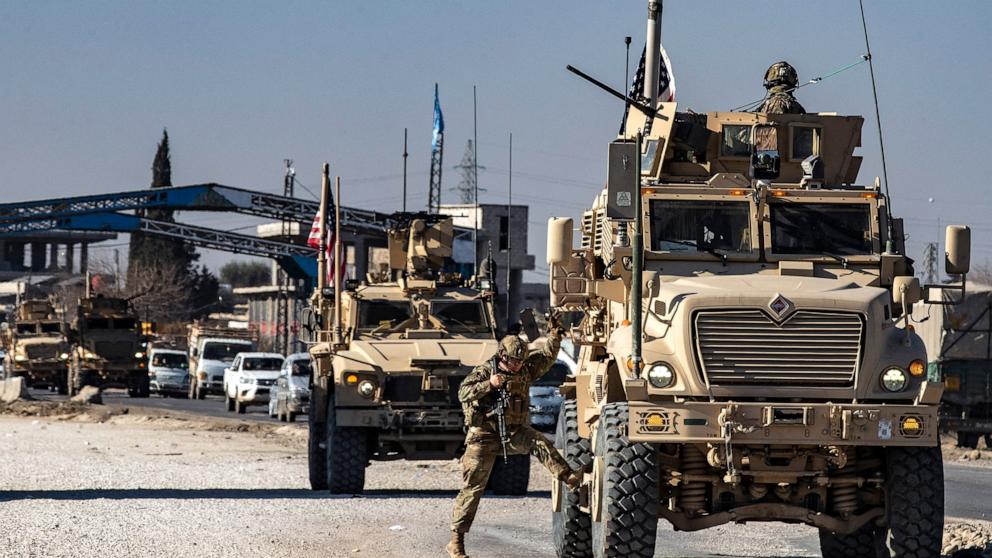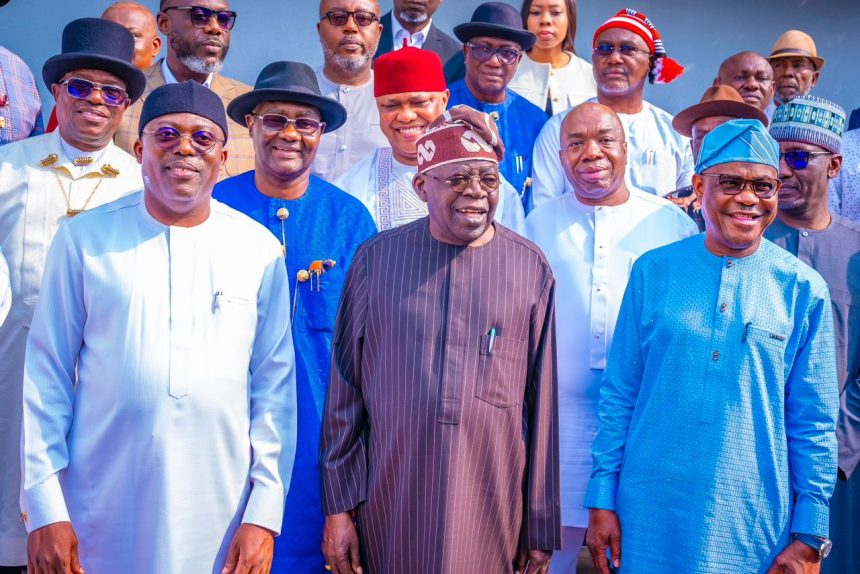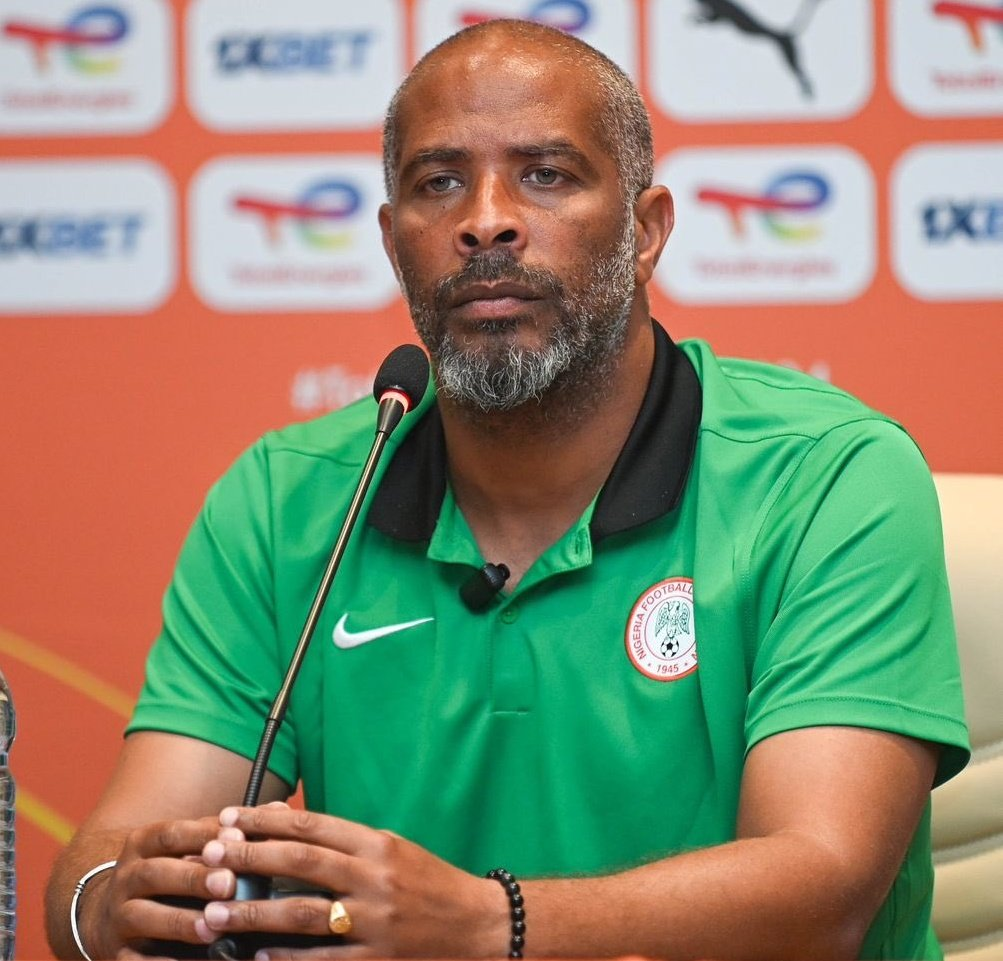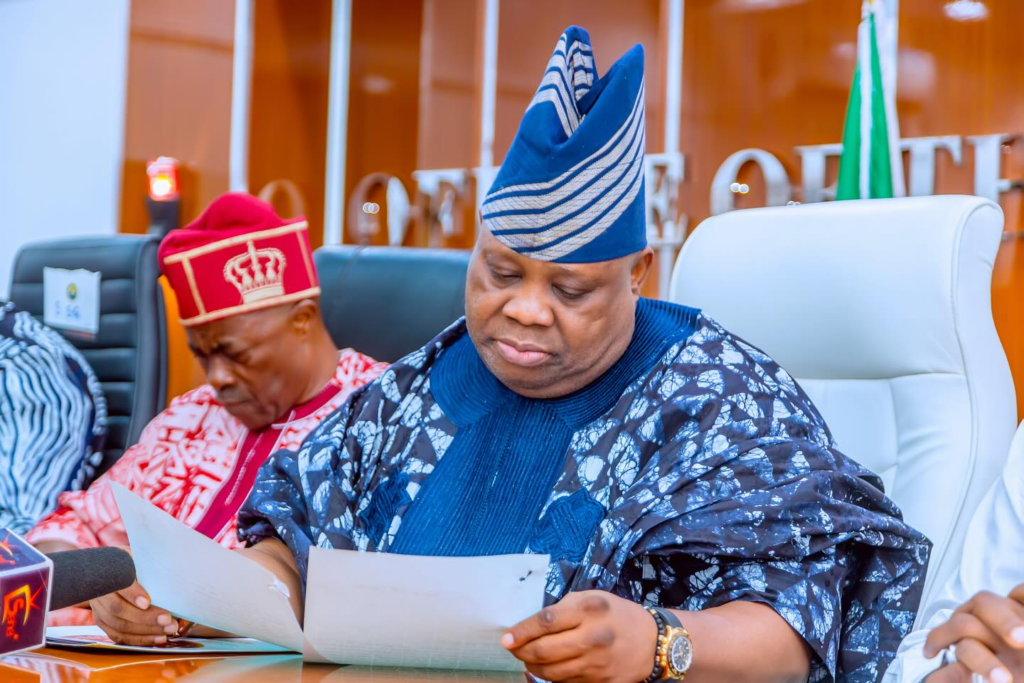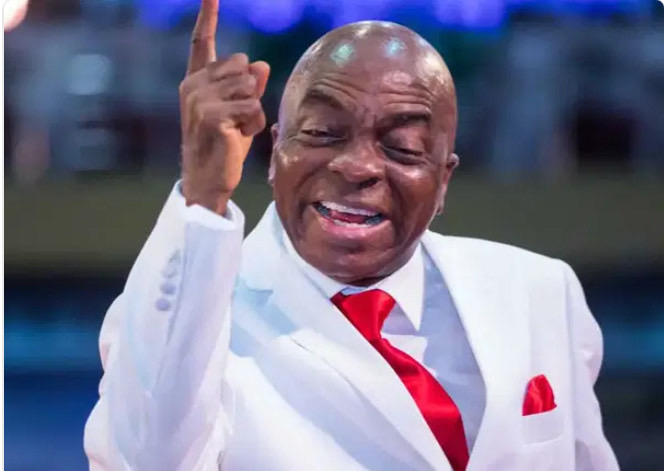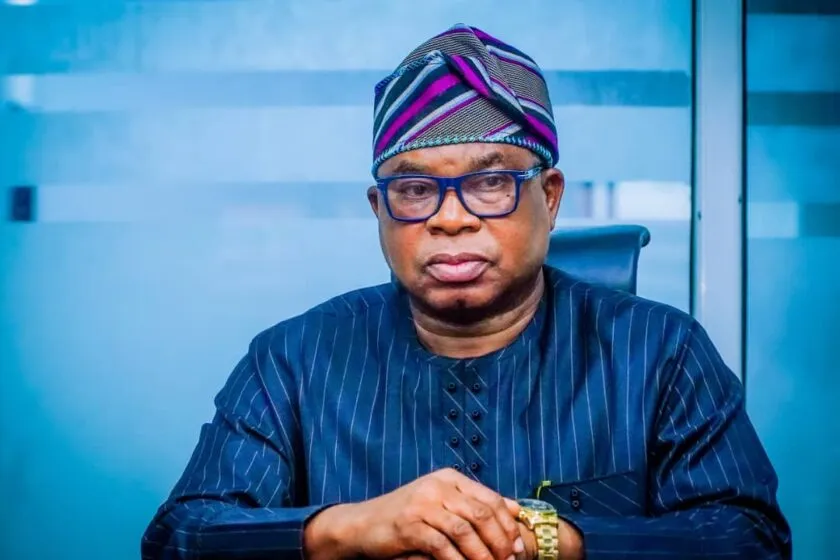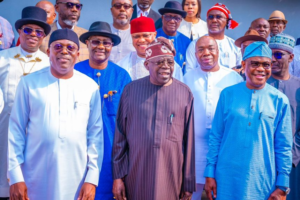The government of Togo has made a significant decision to postpone the legislative elections initially slated for April 20 to an unspecified later date, citing the need for consultations.
This announcement follows the approval of a contentious constitutional reform by the National Assembly, sparking opposition allegations of President Faure Gnassingbe’s bid to extend his tenure.
The presidency released a statement justifying the postponement, emphasizing the imperative of engaging in consultations following the controversial constitutional amendment passed in March.
The reform has raised concerns among opposition factions regarding President Gnassingbe’s prolonged hold on power, who succeeded his father in 2005 after leading the country for five decades since a coup.
Gnassingbe’s presidency has been marred by electoral disputes over alleged irregularities, further intensifying opposition skepticism towards the recent constitutional reform.
The amendment aimed to transition Togo from a presidential to a parliamentary system, empowering the assembly to elect the president for a single six-year term, though the possibility of term renewal remains ambiguous.
The postponement decision underscores the necessity for extensive consultations with all stakeholders, particularly in the National Assembly dominated by Gnassingbe’s UNIR party. However, the absence of a new election date leaves the political future of Togo uncertain.
The announcement of the election delay was also broadcast on state television, marking a significant development in Togo’s political landscape.
This move has elicited varied reactions, including a police crackdown on an opposition news conference and appeals from nearly 100 university academics, intellectuals, and civil society actors for public mobilization against the perceived abuse of power.
Moreover, the arrest of a Togolese newspaper editor and warnings from media watchdogs of a potential press clampdown ahead of the elections raise concerns about freedom of expression and democratic processes in the country.
Amidst these developments, Togo finds itself at a critical juncture, grappling with political uncertainty and growing discontentment among its populace.



